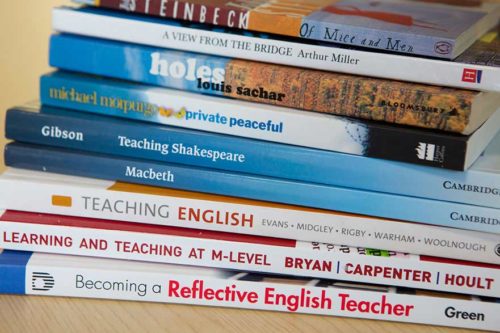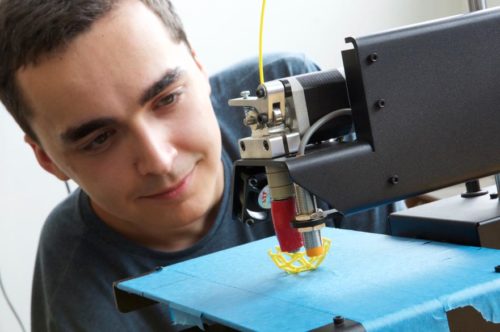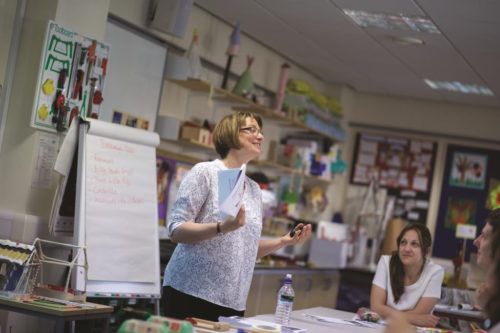Why study English literature?
A degree in English literature indulges your love of reading and provides intellectual challenge.
It’s also practical preparation for careers in the cultural industries, one of Britain’s most exciting, diverse and internationally recognised fields.
Graduates in English literature are highly employable, and can show clear evidence of excellent communication, critical and analytical skills.
Why UWE Bristol?
BA(Hons) English Literature shows you how literature is essential to understanding global culture and society.
The core modules focus on the practical, visible impact of literature on the world, with integral fields trips giving you the chance to apply what you’re learning in a very tangible sense.
Explore literary texts from the English Renaissance to the 21st century, and learn to critically engage with diverse global voices and concerns.
Consider how literature contributes to major debates in areas like equality and environment, and the part books and authors can play in social and cultural change.
Study in a collaborative environment, working with academics who are passionate about their subject and value your contribution to in-class discussions.
The quality of the course and its teaching is down to our inspiring staff, who are active researchers and experts in their field, and will support you throughout your studies.
Focusing on the avenues that most interest you, through your modules and assessments, you’ll graduate confident to pursue your chosen career.
Where can it take me?
You’ll leave with sought-after skills in communication, research, problem-solving, team-work, critical thinking, independence and self-motivation.
The door will be open to exciting careers in the cultural industries, the media or the arts, working in marketing, editing, publishing or teaching.
The academic rigour of the course also prepares you well for further study at postgraduate level.
Zobacz więcej na stronie uniwersytetu >>










